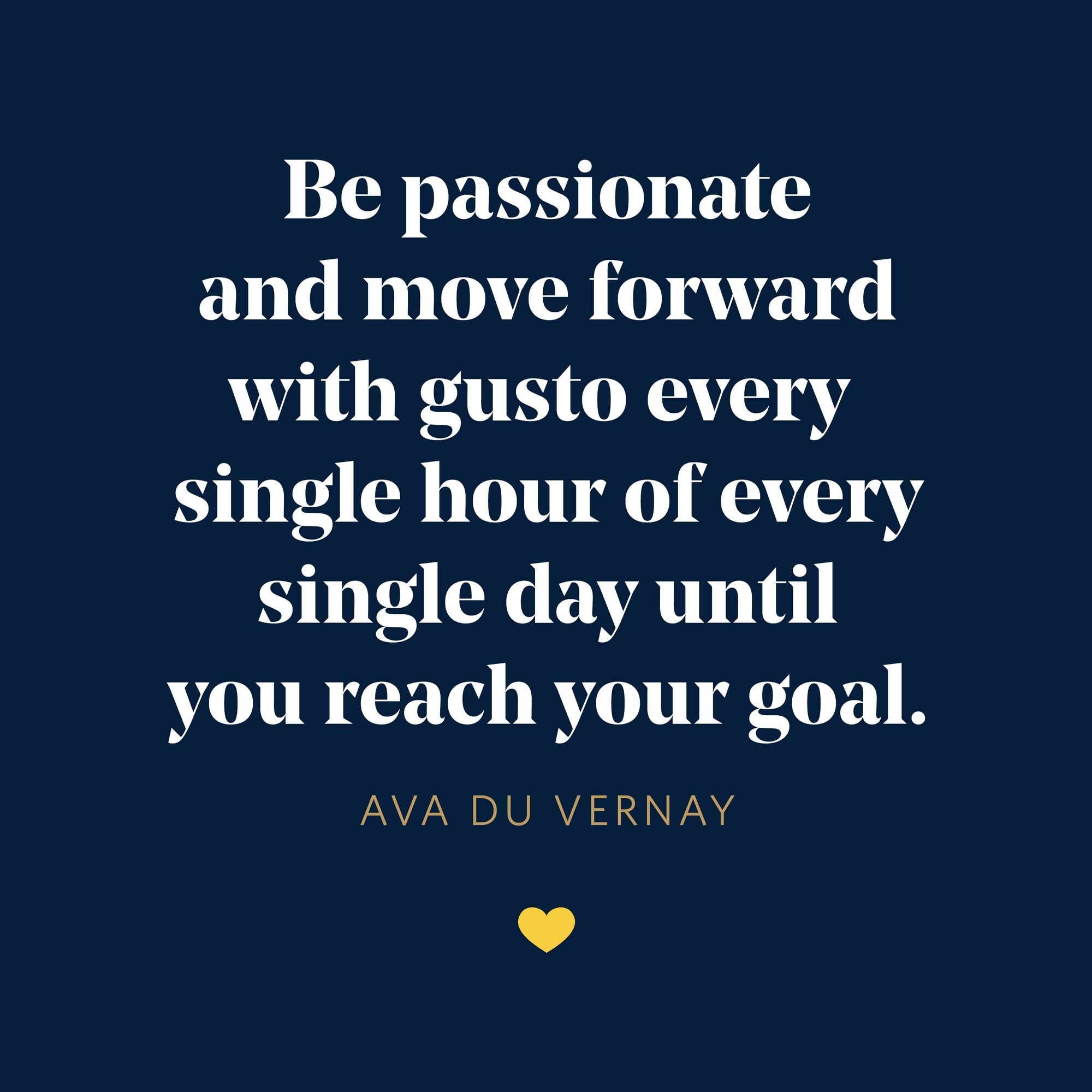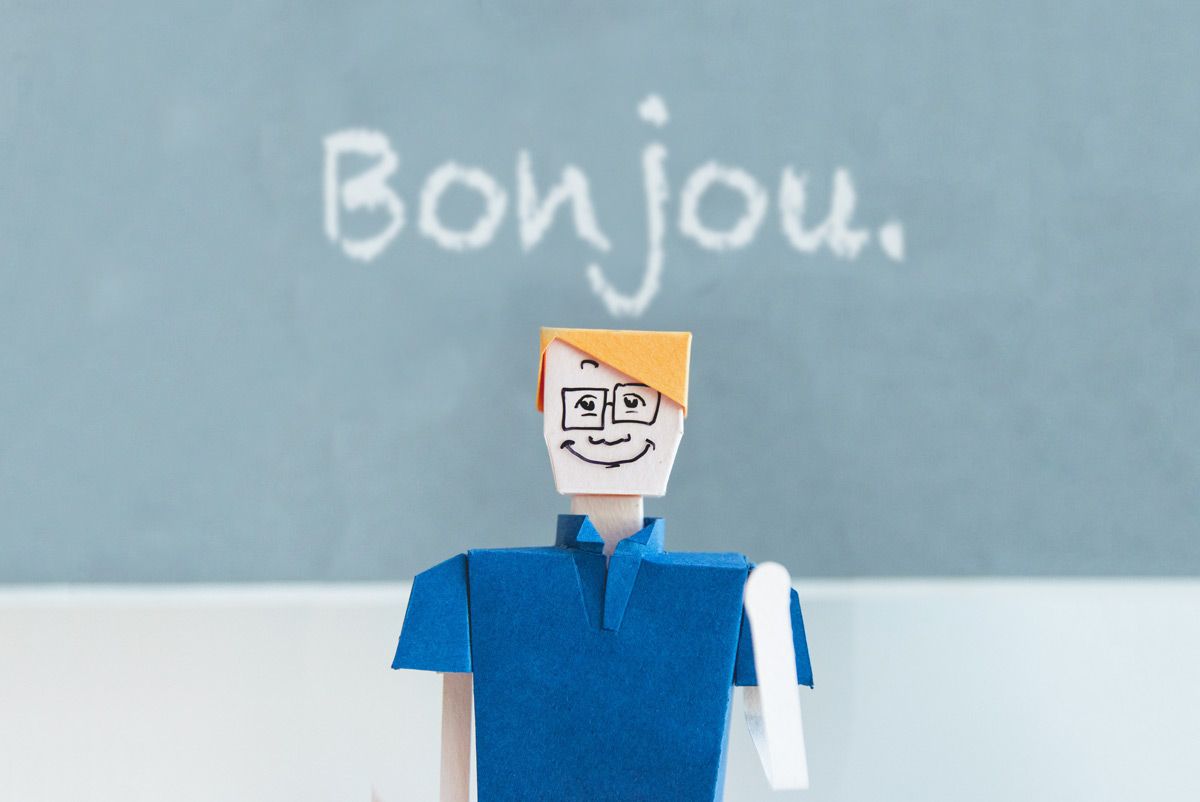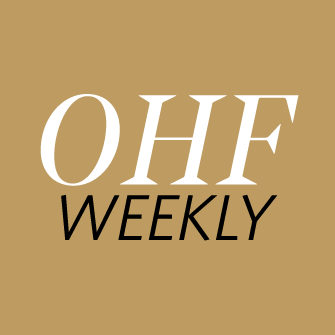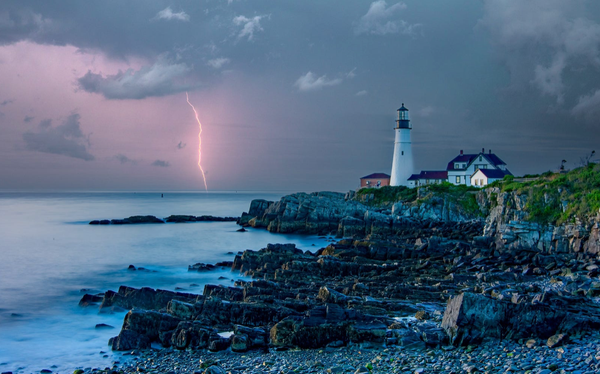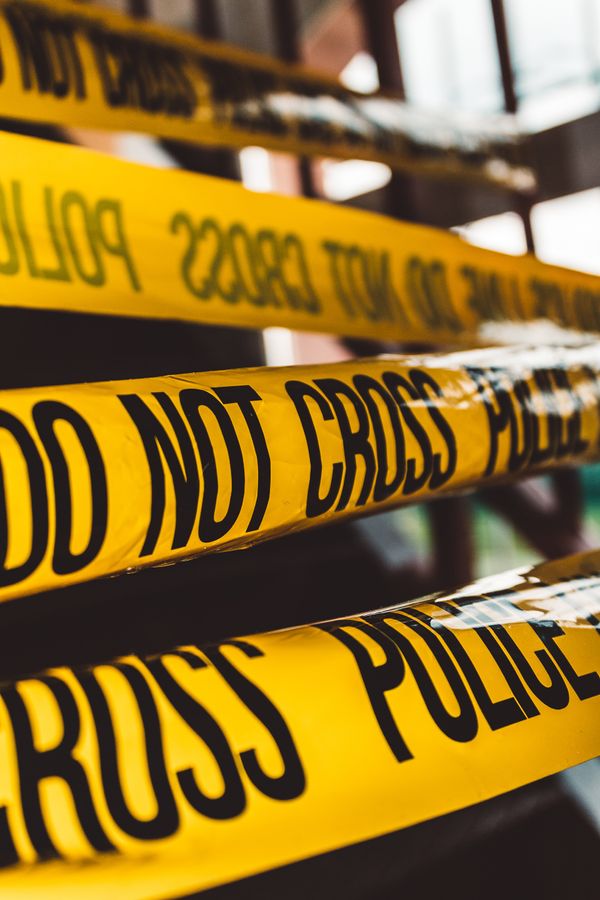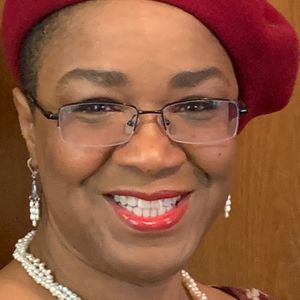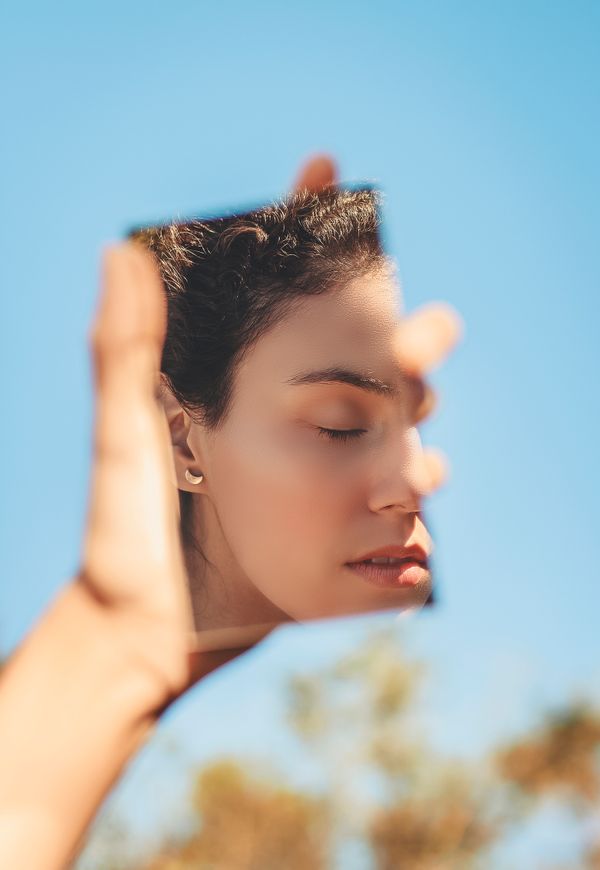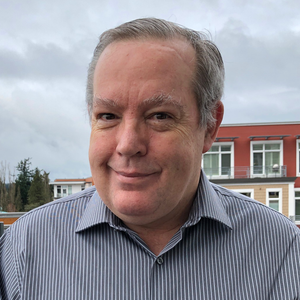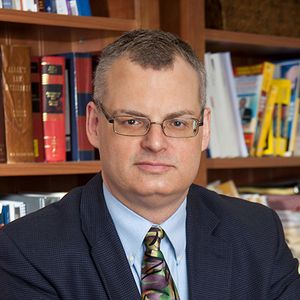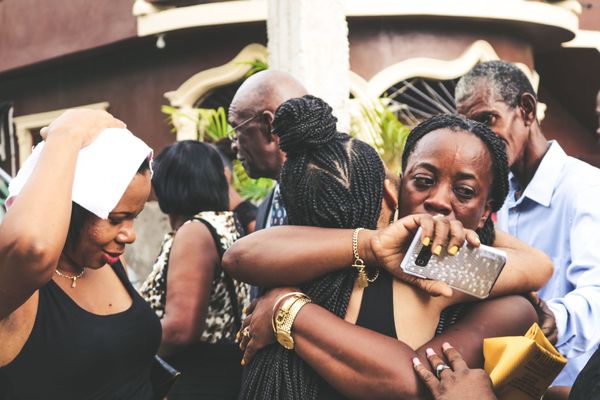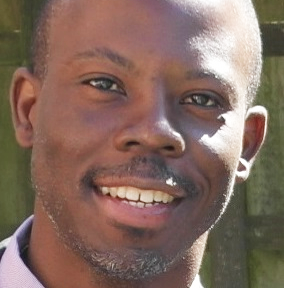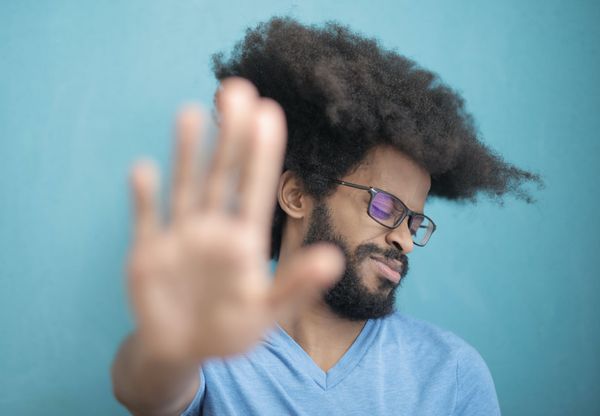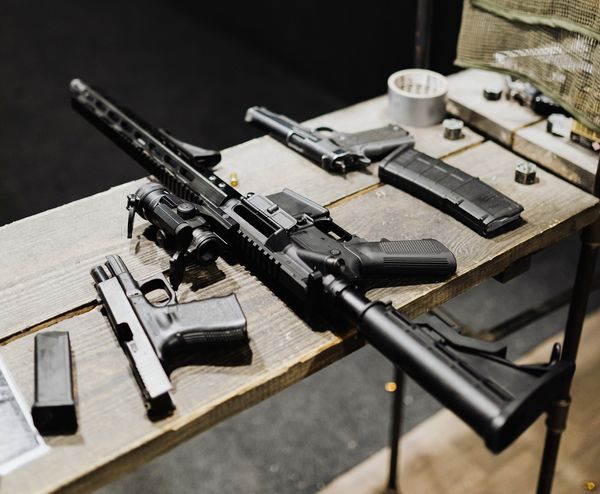Letter from the Editor
Recently I have begun to learn a new language, Haitian Creole. Well, not recently. I started in March after several Haitian friends kinda challenged me to learn their language so that I could communicate with them better. “Give it a try. It’s not that hard. Two-year-olds can speak it. You should go sign up.”
I gave it a go, and one-hundred or so days later now I not only have gotten to the intermediate level, I’ve hired a tutor so that he and I can have semi-weekly one-hour-long conversations where I am challenged to listen and then speak more than just rote sentences such as “the pen of my aunt” or “the cat is on the table.” We’re not quite at the religion and politics stage of conversation, but we’re talking about real things, laughing and telling jokes, and in general having a good time using language to connect with each other.
It’s very satisfying to gain these skills, and learning the language means that I’m also learning about the people who speak it and how the language reflects their culture. It’s not likely that I’ll ever be mistaken for a native speaker—even those two-year-olds speak it far better than I do—but I’m doing what I can to gain understanding and connect with people who are native speakers.

There’s no way to deny that our nation is consumed by violence and guns. Violence against Black people. Violence against people from BIPOC communities. Violence against people from LGBTQIA communities. Violence against women. Violence against the poor. Violence against migrants.
The violence seems to come from the same source: white people who have been formed to believe that there are those who do not have the right to exist at the same time and in the same way as “we” do—you know, us white people. And that violence is directed at those who do not reflect the encircled’s concept of an America that is white and Christian and straight and cisgender.
An entire industry, comprised of the media, politics, and entertainment, has been built-up to evangelize this belief. It continuously inflames those within the bubble and keeps them within that bubble by threatening them with the same violent consequences meted out upon those outside the bubble should they leave.
None of us can afford to let the violence in that bubble continue to boil until it boils over in another tragedy . . .
What I see happening as a result is that there are those outside the bubble—the people in disparaged and oppressed communities—who are trying to reach those in that bubble for connection, to bring a revelation that they live and move and have their being outside the bubble but with no less value for their lives.
I admire them for trying. It stems from genuine love for themselves, their loved ones, and also love for those caught up in the violence. “Help us and also help yourself to be free from violence.”
Unfortunately, it is so very difficult for those outside that bubble to connect to those within. It is not due to lack of effort or ingenuity. Their survival depends upon understanding those who oppress them and requires they use way too much of their energy in an attempt to stay safe, energy they could use to thrive.
None of us can afford to let the violence in that bubble continue to simmer until it boils over in another tragedy – another shocking event in a school or house of worship or shopping center or supermarket or concert or . . .

I’m going to suggest something as a way to stem the escalation of violence and death, for those who are crying out for safety and protection, and those inside that bubble who are being whipped up into more and more fear and terror that someone is going to take away their peace and safety, and feel their only answer is the escalation of violence and death.
The ways we’re trying to effect change might be working, but the change is so very slow. If we all want to see change happen to those inside the bubble, then those of us who can slip in as part of an undercover operation are simply going to have to step up to the moment and go in there.
As accomplices, we white people outside that bubble are going to have to gain more knowledge about those in the bubble. We’re going to have to learn how to speak their language so that we understand their culture. And we’re going to have to use all that we have—our intelligence, our creativity, our hope—to speak with them, understand why they are so fearful and so addicted to violence, and we as white people are going to have to go in and do the work to change minds.
As white people, we’re the ones who can do it best. We have a natural ability to “blend in,” so to speak, because we are assumed already to be allies of those in the bubble due to our upbringing and our visage. We have camouflage that enables us to be in nearly any event or meeting where we can listen to what’s being said, ask questions to understand, and develop relationships so that we can bring about change.
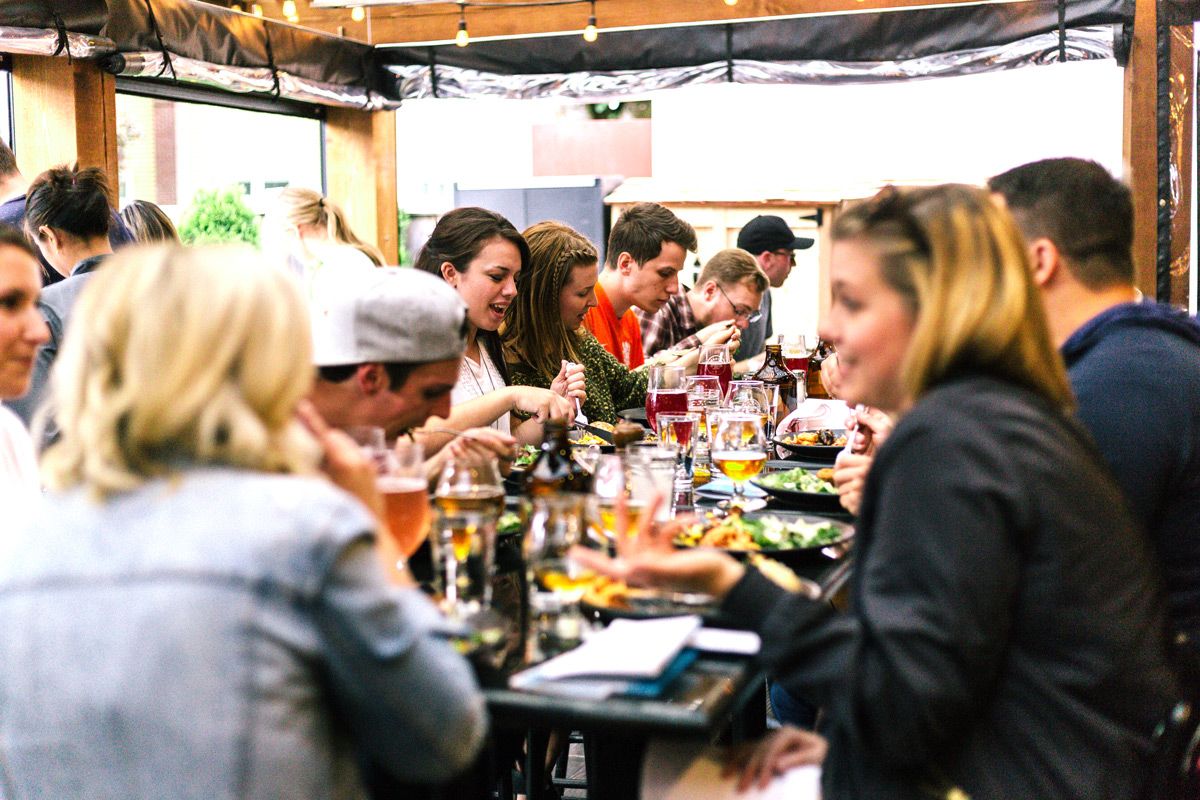
I know I’m asking a lot from us in the white community who are not in this bubble. We likely have fled from that same circle because we found no life there for us.
But we’re going to have to do the work, if we want to see the changes in our nation that will enable peace and safety and thriving to us all. We are the best people to learn the language so that we can communicate and connect. We are going to have to speak with the tongues that those in bubble can understand so that they can hear, take heart, and change.
You might not find a website that teaches you how to learn this language. There might not be a tutor you can try. But like those two-year-olds who learn the language because they’re around the people speaking it, the best way that we’re going to learn this language is to go into the spaces where it’s being spoken.
It’s going to be tough, especially if you originally left those conversations for your own mental and spiritual health; I understand. At these times, it helps me to remember that the people outside the bubble have so few choices. They are working hard to build understanding and effect change, but yet they are often paying for this bubble they did not create with their very lives. Many of them are my friends. Your friends. How can we face them if we’re not willing to do what we can, and with so much less threat to our physical well-being? So I encourage each of you to reach deep into your reserves and look for the strength to do so, and to join me: because the best time to start learning this new language is right now.
Love one another.
Stephen Matlock
OHF Weekly, Senior Editor
More from Our Writers
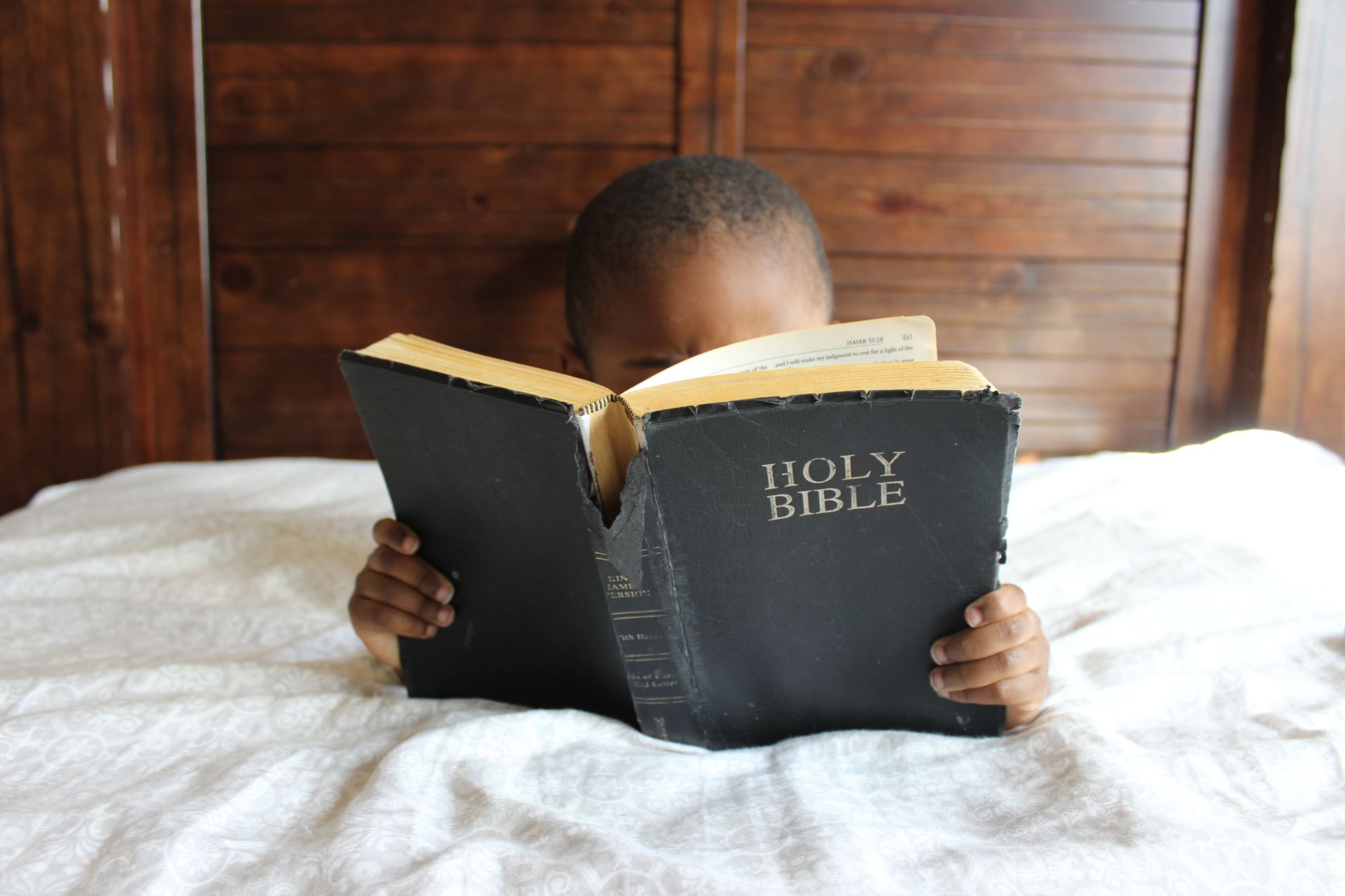
You're Invited . . . to Our Updated Website!
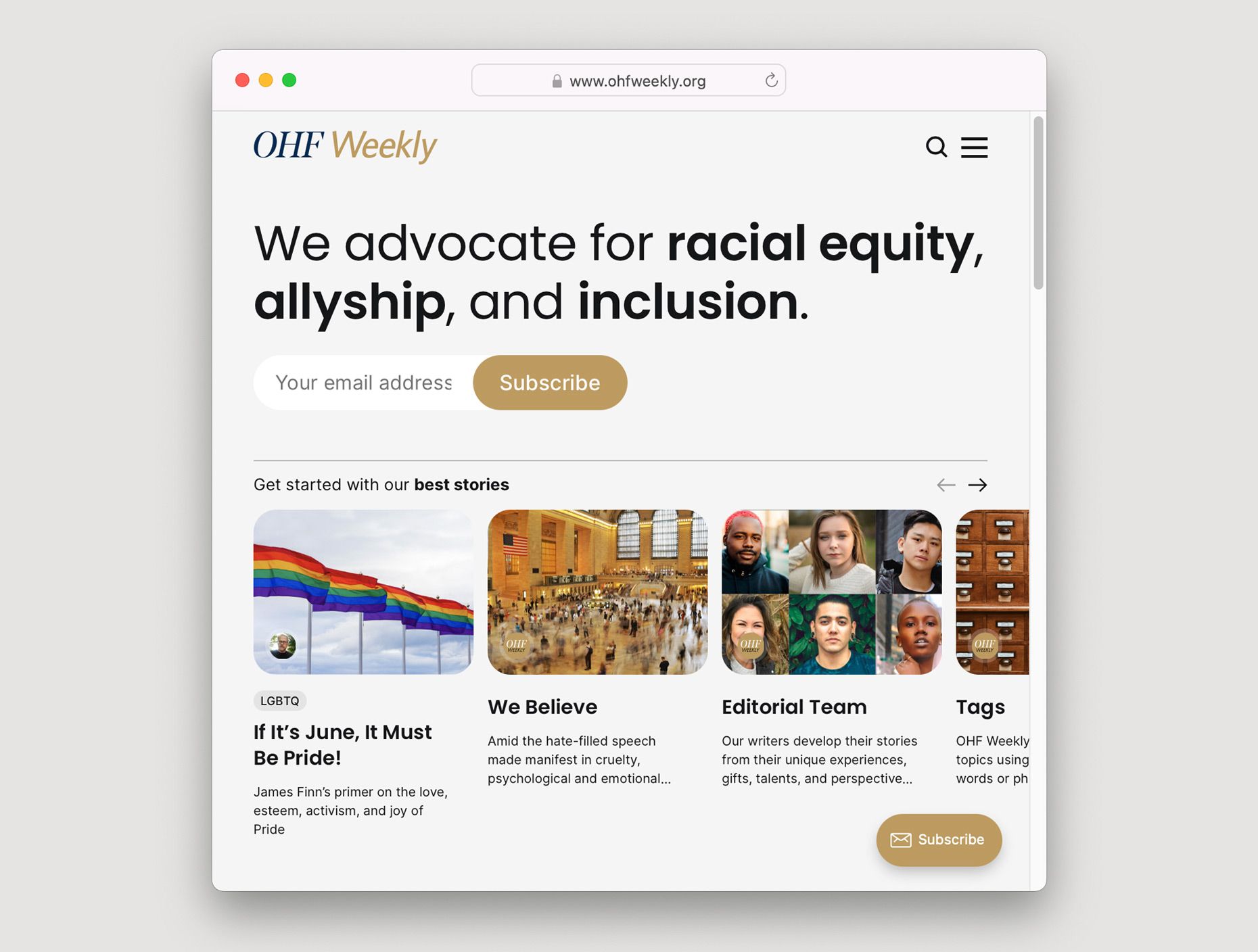
We are excited to announce that OHFWeekly.org has had a little work done, and we think the results beautiful! While you’ll see that it looks a little different, with somewhat different colors, fonts, and layout, the biggest changes are under the hood. Read the full story.
Support OHF Weekly
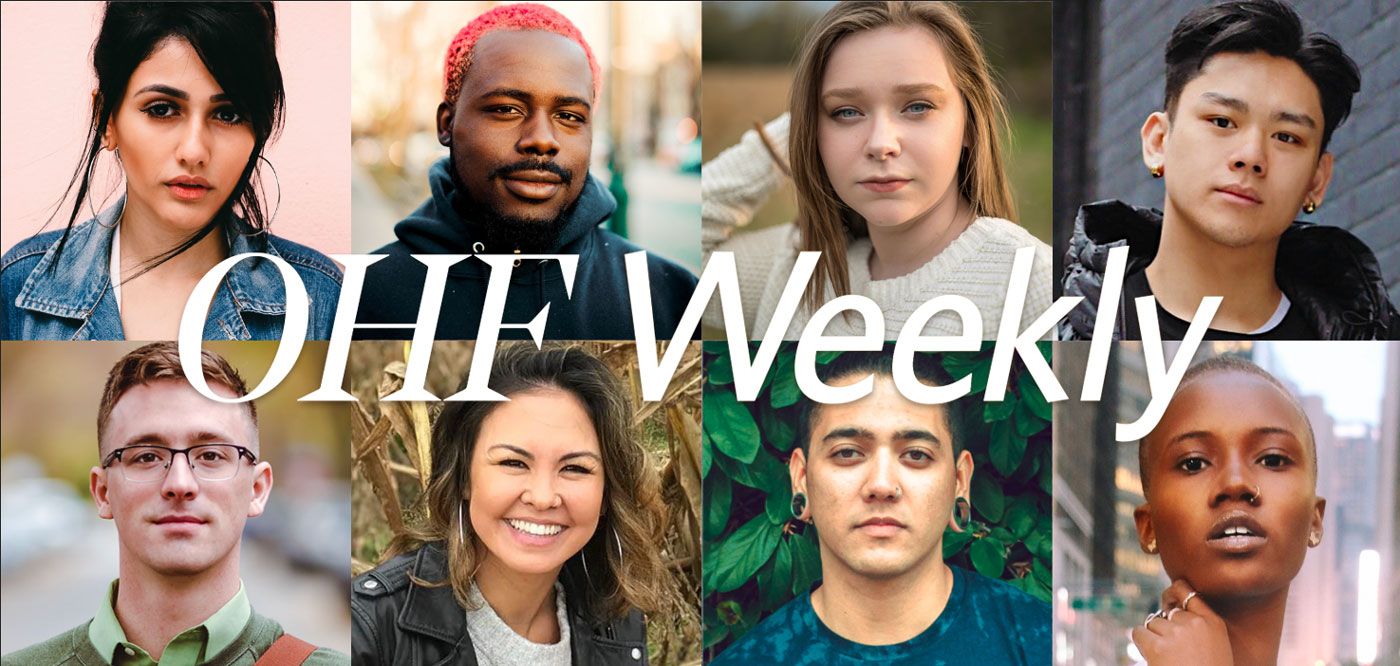
If you enjoy or have been inspired by our writers’ work in our online publication, print and digital magazines, and our allyship handbook Fieldnotes on Allyship, your financial support of OHF Weekly is integral to our existence. Our editors and writers produce articles because they believe in the importance of racial equity, and they do so for no financial compensation.
Our primary goals are two-fold: To present you with informative and transformative articles that broaden your view of the world and the people who live in it, and to provide our writers with fair and competitive compensation for their work.
Be it one-time or monthly, thank you in advance for your tax-deductible donation to support the work and word of Our Human Family.
Final Thoughts
